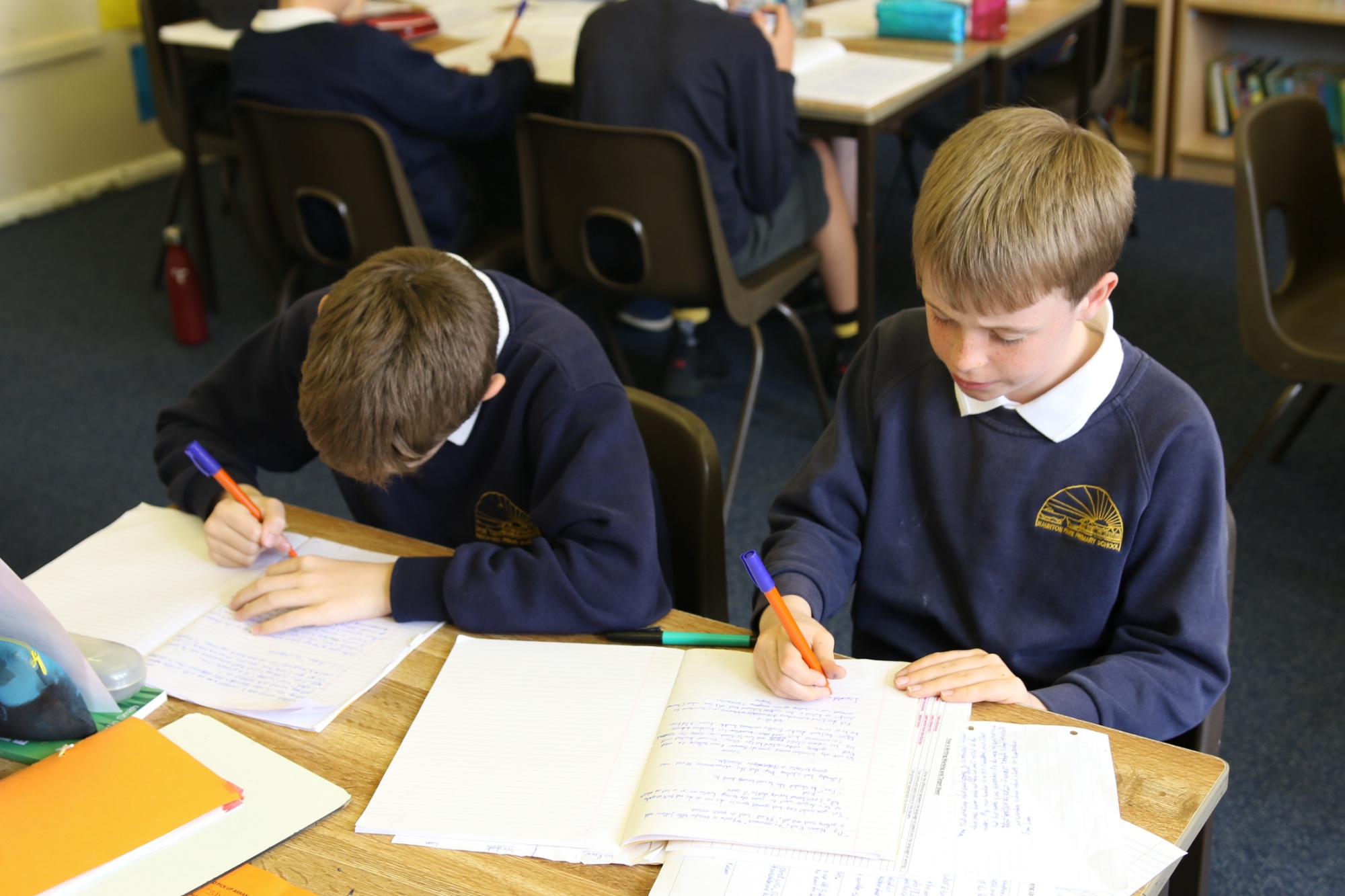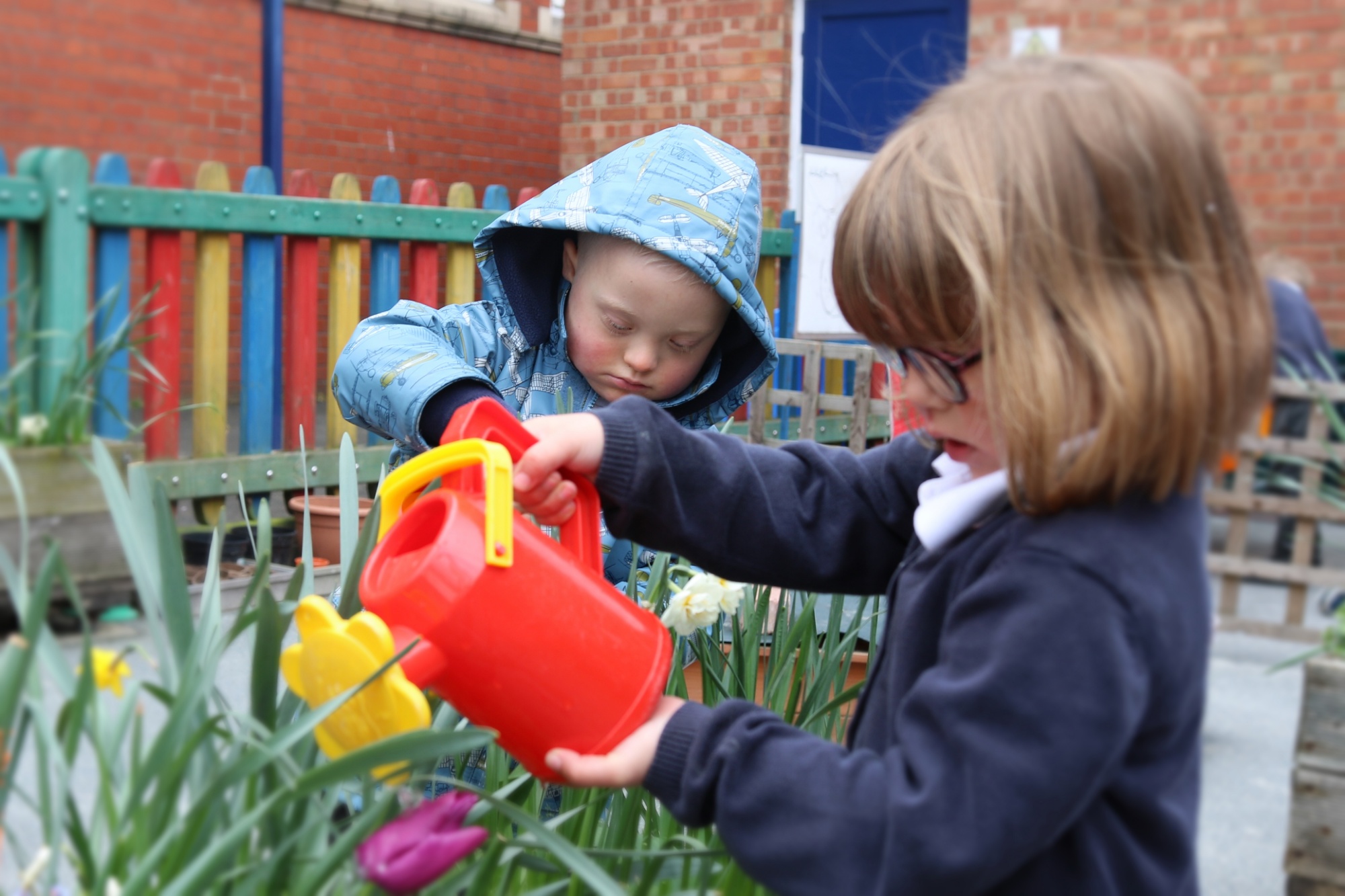Safeguarding in the curriculum
Paragraphs 129-133 of Keeping Children Safe in Education state that schools must teach children:
- How to keep themselves and others safe, including online, and that effective education is tailored to the specific needs and vulnerabilities of individual children.
- Relevant topics within Relationships Education and Health Education in line with statutory guidance (Relationships and sex education (RSE) and health education - GOV.UK (www.gov.uk)).
- Preventative education, to prepare children for life in modern Britain, creating a culture of zero tolerance for sexism, misogyny/misandry, homophobia, biphobic and sexual violence/harassment.
- A clear set of values and standards, upheld and demonstrated throughout all aspects of school life, underpinned by the school’s behaviour policy and pastoral support system.
- Evidence-based RSHE, delivered regularly through timetabled lessons and reinforced throughout the whole curriculum, including:
- healthy and respectful relationships;
- boundaries and consent;
- stereotyping, prejudice and equality;
- body confidence and self-esteem;
- how to recognise an abusive relationship, including coercive and controlling behaviour;
- the concepts of, and laws relating to, sexual consent, sexual exploitation, abuse, grooming, coercion, harassment, rape, domestic abuse, so-called ‘honour’-based violence such as forced marriage and Female Genital Mutilation (FGM), and how to access support;
- what constitutes sexual harassment and sexual violence and why these are always unacceptable?
Paragraph 134 and 141-144 state the necessity to ensure that appropriate filtering and monitoring systems are in place and that ‘over blocking’ does not lead to unreasonable restrictions as to what children can be taught with regard to online teaching and safeguarding. Leaders must do all they reasonably can to limit children’s exposure to the risks (listed below) when using the school’s IT system.
Paragraphs 135-138 specifies expectations for the teaching and learning of online safety. The breadth of issues classified within online safety is categorised in KCSiE into four areas:
- Content.
- Contact.
- Conduct.
- Commerce.
The school’s Relationships and Behaviour Policy, Child Protection Policy, Online Safety (including Acceptable Use) Policy, Anti-Bullying and Hate Policy, PSHE Policy and RSE Policy, amongst others, detail the school’s approach to safeguarding children and child protection. These policies aim to enable all children to learn and access the curriculum safely, fairly and consistently, meeting individual needs and supporting individuals/groups accordingly. The curriculum is inclusive and challenging for all, irrelevant of background or experience; however, it takes these matters into consideration to ensure that the curriculum is appropriate and tailored to individual need.
The school’s rules of Ready, Respectful and Safe encompass, teach and celebrate safeguarding. These rules are lived and breathed through Naunton Park, through all lessons within the curriculum and through extra-curricular activities. The school’s values of kindness, respect, responsibility, resilience, curiosity and determination feed into everything we do and teach children to be valued citizens within the school and wider community. These values are integral to our curriculum, taught through the school’s curriculum, assemblies, interventions, leading literature and other extra-curricular activities.
Delivery of the curriculum
All staff are mindful, when delivering any session with children, about the use of age-appropriate language and content. The needs of the children are at the fore-front of planning and delivery, and teachers are aware of the risks in teaching about sensitive subjects. Particular consideration is given to potentially sensitive issues (through an excellent knowledge of the children) and material is selected carefully.
Sessions are planned and delivered to be an open forum to discuss issues. Staff are aware that this can lead to an increase in pupils disclosing abuse, or of staff becoming aware of concerns about a child’s wellbeing. Staff all understand how to respond to disclosures and know how to report any concerns they may have by following the school’s safeguarding procedures. The school’s curriculum, especially the PSHE curriculum, allows staff to get to know pupils better, which in turn helps them to notice when something may be bothering an individual.
The school’s IT system aims to keep children safe through the use of usernames, passwords and filters. School are also aware “that ‘over blocking’ does not lead to unreasonable restrictions as to what children can be taught with regards to online teaching and safeguarding.” (Para 134 of KCSiE)
The school's planning and delivery of safeguarding through the curriculum and through activities beyond curriculum time are outlined in the document below.








